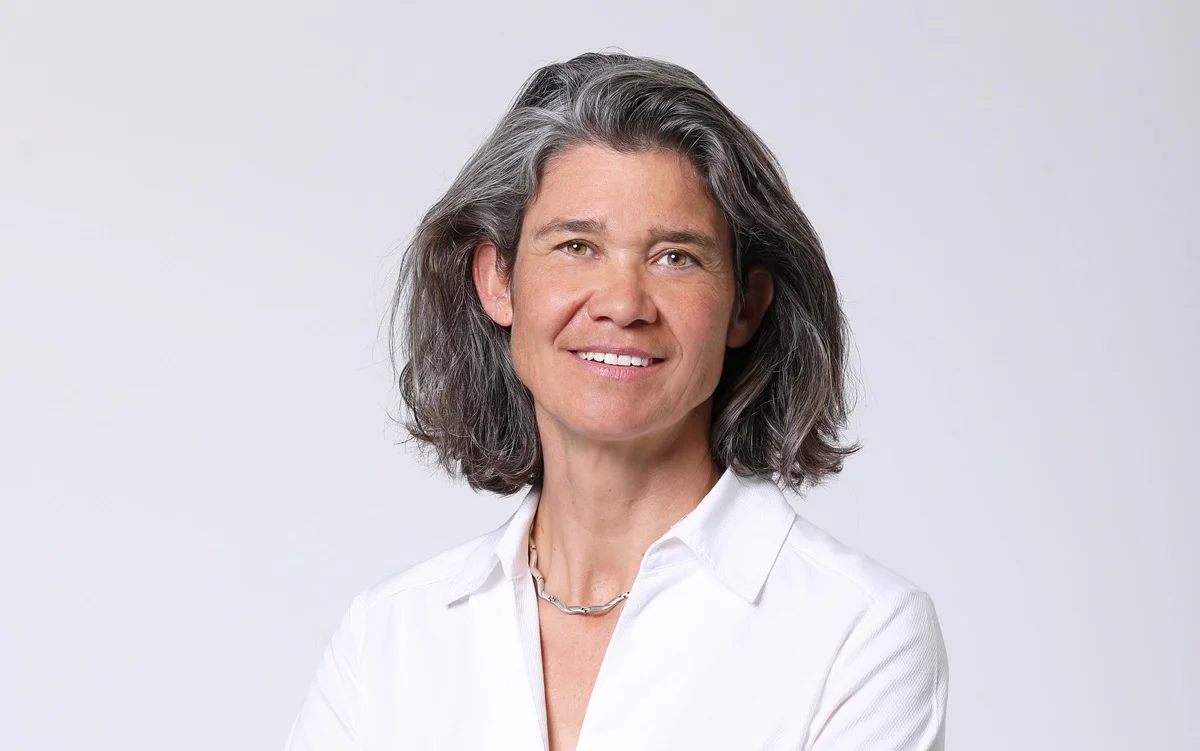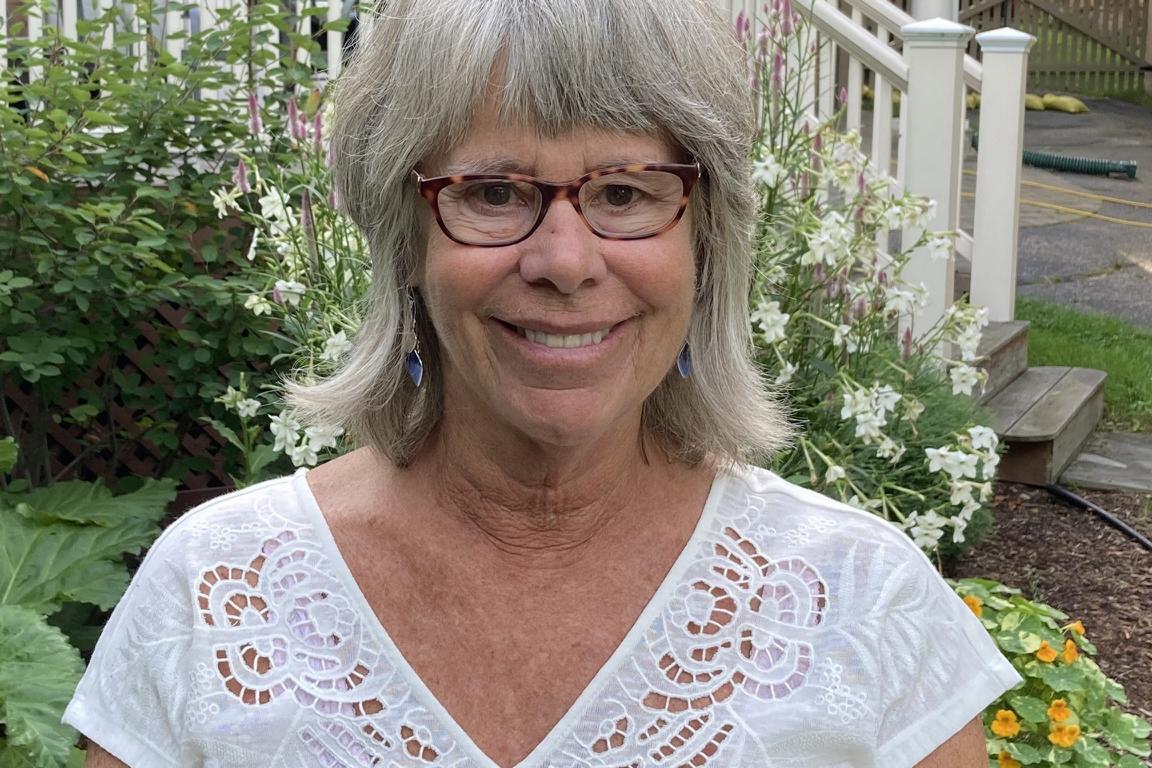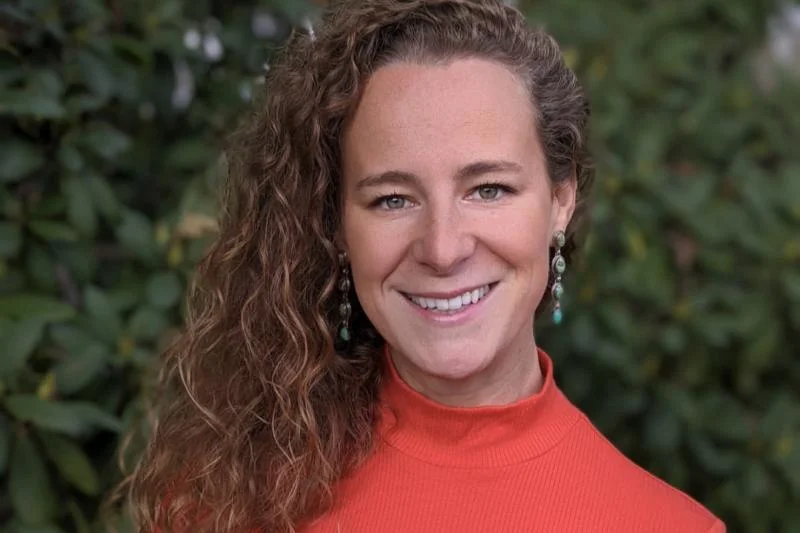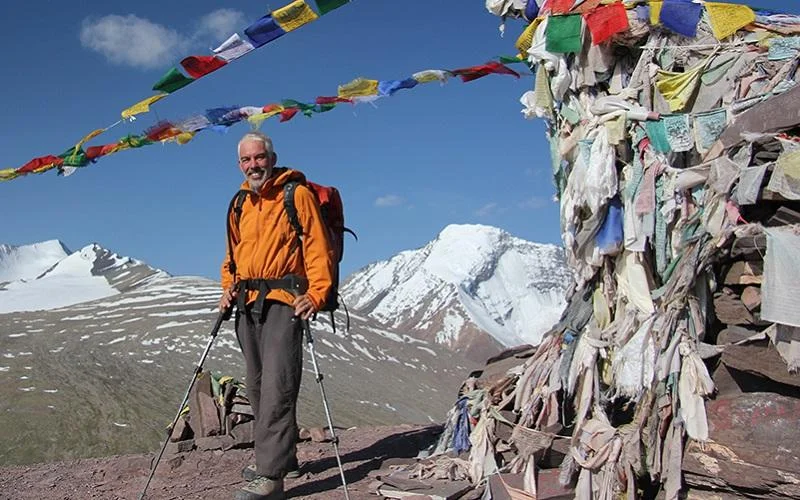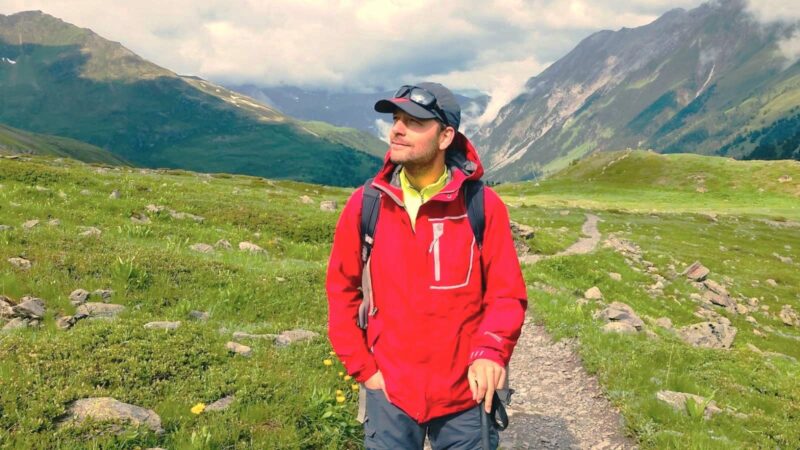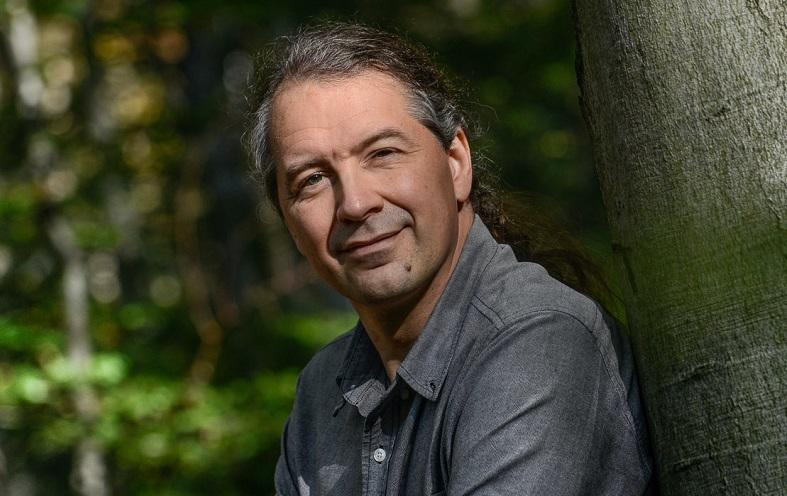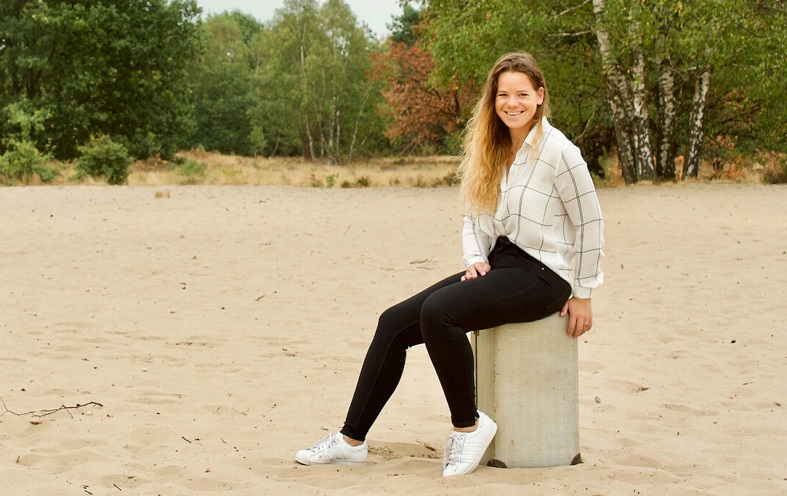
Tour operators are an integral part of the tourism supply chain. They are the bridge between outbound travellers, local accommodations and experiences. With their presence spread all over the world, how can we use their collective strength for facilitating a more sustainable tourism?
In this interview, Anne de Jong – founder of Fair Sayari and co-founder of the Good Tourism Institute – illustrates the progress being made in mainstreaming sustainable travel through tour operators. She also shares some of the highlights from her entrepreneurial journey so far, and the challenges she’s had to overcome.
Anne, you are relatively young compared to most of the sustainable tourism changemakers whose story we have shared so far. Tell us about your journey: how did you get here?
I graduated almost three years ago, when I finished my master’s studies in sustainable tourism development (MLE at Wageningen University). I became first interested in sustainable tourism during a minor as part of my bachelor studies (international tourism management). We were working on a case study where we had to sustainably develop the destination of Zambia. This was the moment I knew I wanted to continue this career path and it made me choose a master’s in sustainable tourism development.
During this two-year master’s, I did my internship at Travelife for Tour Operators, a certification scheme for sustainable tour operators. I learned all about sustainability standards, the implementation, and most importantly, how to train tour operators in developing their business. After graduating, I applied for a variety of jobs but none of them really fit me. I wanted to work in the tourism industry, preferably with a focus on Africa and sustainability.
This combination turned out hard to find for a recent graduate. I ended up continuing to work for Travelife and was offered another freelance job. In order to accept, I had to register myself as a company and this got the ball rolling! Besides Travelife, I also worked for a Dutch tour operator for a while, but since a year I am fully independent.
It wasn’t my intention to start my own business but now I wouldn’t want it any other way!
What inspired you to work as a sustainability consultant?
During my studies, I already knew I wanted to work in the tourism industry, hence the choice for studying international tourism management.
While travelling the world, I found that there are many negative consequences connected to tourism and that sustainable tourism is key to changing that. I wanted to contribute to this solution and personally support tour operators and destinations in this change towards sustainable practices, also to make it easier and accessible for them to contribute to future-proofing the tourism industry.
I stand for a fair tourism industry which balances all the components, such as animal welfare, human rights, fair practices, and collaboration. My consultancy company is called Fair Sayari and for a good reason! Sayari means planet in Swahili, so Fair Sayari = Fair Planet.
What is your view on responsible travel – and has it changed since you started being active in the field?
In my opinion, responsible travel is the only way tourism can exist in the future. It’s simply taking care of the environment, communities, and wildlife – and protecting it. It’s about making sure local communities and nature benefit from tourism, leaving a positive footprint.
I believe that tour operators that are not working sustainably now, are basically sabotaging their future self.
And yes, my opinion has definitely changed, but so has the tourism industry. When I was still studying, responsible tourism was really a niche. Only a select group was fully committed, and tour operators were either working responsibly or they weren’t.
Over the last years I have seen the change towards sustainability becoming a standard for more and more tour operators: something which is now integrated into their business strategies, rather than a side project. Tour operators have realized that they need to protect tourism assets to be successful in business.
How can we make responsible tourism more accessible for tour operators?
I have noticed that most tour operators starting out with sustainability are often overwhelmed by all the possible practices and standards to comply with. I believe that we can only make a sustainable tourism industry possible if every tour operator out there is equipped to do their part and take their own responsibility. That would really change the pace of development, and I have the knowledge to get them started.
On my website, I share blogs to make responsible tourism more accessible, easier, and fun for tour operators, by sharing practical tips, tricks, and best practices. I am also hoping to inspire them to start implementing sustainability.
I have recently launched my new project: the Good Tourism Institute, where we help tour operators become the best version of themselves. To get them started, we have written an eBook that can be downloaded for free, about the basics of becoming a better tour operator. From strategy development, to supply chain management, communication, and online marketing – all in a sustainable way.
By supporting tour operators to take small and structured steps, it is more likely that they’ll invest time and money in sustainability and become better tour operators.
To create an overall sustainable tourism industry, we don’t need a handful of tour operators practicing sustainability perfectly; we need thousands of tour operators doing it- even if imperfectly.
As an entrepreneur yourself, which aspects of getting a foot into sustainable tourism consulting did you find the most challenging? And how did you overcome such hurdles?
When I started as a sustainable tourism consultant, having only recently graduated, I had the knowledge but lacked the experience. In the beginning, I experienced difficulties in being taken seriously. It really helped to be working for a company such as Travelife for Tour Operators, before taking on individual assignments. It gave me time to grow, learn, and to make a name for myself.
I’ve now been working for Travelife for almost four years, and looking back I can see how much I have grown into the role of a sustainable tourism consultant. Gaining such experience has opened great doors for me, among others becoming a representative for Green Destinations for Africa, hosting workshops for Dutch tour operators in collaboration with ANVR, and providing sustainability training abroad in countries such as Uganda, Kenya, Ghana, and Sweden.
Which trends do you think will shape the tour operator business in the next years?
Well, this is extremely difficult to forecast at the moment, due to the coronavirus pandemic. I am expecting hard times for the tourism industry and it’s unclear when we are allowed to freely travel again. I am predicting an increase in domestic travel at first, which will slowly expand to destinations farther away.
I notice that more tour operators are interested in sustainable tourism now, due to COVID-19, as they have realised how important it is to protect our planet and how much we need it for the tourism industry. Travellers are yet to follow this trend, but as long as tour operators are taking the lead and showing travellers what it means to travel responsibly, we are on the right track to making tourism more responsible and sustainable.
Is there a specific travel business or destination which has impressed you recently for its innovative approach to sustainability?
There are numerous businesses and destinations that have impressed me over the years, but one of the most significant ones is Kara Tunga in the Karamoja region, Northern Uganda. The Karamoja region was unthinkable as a tourism destination due to decades of isolation and conflict. Peace has returned and Kara Tunga now develops community tourism in the region. They focus on improving community livelihoods and have started a tourism academy for locals. They collaborate with local communities and shepherds, and have developed community tours to share this unique region with visitors.
I coached Kara Tunga during the process of becoming a Travelife Partner, and visited them last year. I was impressed by their mission and strength at implementation. They really are a best-practice example of community-based tourism.
Much of your consulting focuses on Africa: which African destinations would you consider leaders in implementing sustainable practices or champions of promoting responsible travel?
This is difficult to say, as I don’t feel one African destination can be considered a champion in promoting responsible travel, as they are all doing very well. I mostly work with destinations in Sub-Saharan Africa and each of these destinations has great best practices, extremely sustainable tour operators, and protected areas doing their best in terms of sustainable tourism.
However, the same destinations also have tour operators and parks that are still working with captive animals, without following animal welfare guidelines, are involved in trophy hunting or exploiting local communities for the sake of tourism.
What I like about African destinations, in general, is that they show resilience, passion, and genuine commitment. They care to protect their destination and their tourism product and are very much aware that they need to protect it, to be able to work in tourism in the future.
Thank you, Anne.
Connect with Anne de Jong on LinkedIn.
Enjoyed our interview with Anne de Jong on how tour operators can make a world of difference in promoting sustainable travel? Thanks for sharing!

